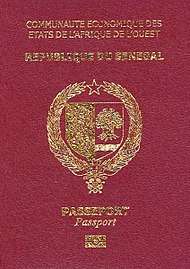1 A) Includes
Crown dependencies,
British Overseas Territories, and
former British plantations, crown colonies, colonies, protectorates, protected states, mandates, trust territories and other British possessions.
1 B) The Isle of Man, Jersey and Guernsey are not part of the European Union, but Manxmen and Channel Islanders are citizens of the European Union; the Isle of Man, Jersey and Guernsey, and Manxmen and Channel Islanders themselves (unless they qualify and apply for recognition of a change in status), are however excluded from the benefits of the Four Freedoms of the European Union.
1 C) The Government of the United Kingdom also issue passports to British nationals who are not British citizens with the right of abode in the United Kingdom and who are also not otherwise citizens of the European Union.
2 Non-EU country that has open border with Schengen Area.
3 Russia is a transcontinental country in Eastern Europe and Northern Asia. The vast majority of its population (80%) lives in European Russia, therefore Russia as a whole is included as a European country here.
4 Turkey is a transcontinental country in the Middle East and Southeast Europe. Turkey has a small part of its territory (3%) in Southeast Europe called Turkish Thrace.
5 Azerbaijan and Georgia (Abkhazia; South Ossetia) are transcontinental countries. Both have a small part of their territories in the European part of the Caucasus.
6 Kazakhstan is a transcontinental country. Kazakhstan has a small part of its territories located west of the Urals in Eastern Europe.
7 Armenia (Nagorno-Karabakh) and Cyprus (Northern Cyprus) are entirely in Southwest Asia but having socio-political connections with Europe.
8 Egypt is a transcontinental country in North Africa and Western Asia. Egypt has a small part of its territory in Western Asia called Sinai Peninsula.
9 Partially recognized.
10 Not recognized by any other state.
11 Special administrative regions of China
12 The
Soviet Union was a transcontinental country located in Eurasia
